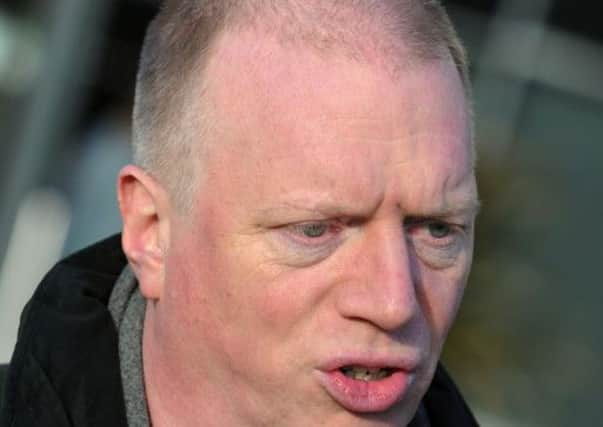Firefighters out on strike today


It will be the 48th period of industrial action by members of the Fire Brigades Union since the dispute began in 2013.
The union is opposed to Government plans to raise the retirement from age 55 age to 60.
Advertisement
Hide AdAdvertisement
Hide AdMatt Wrack, FBU general secretary, said: “Firefighters are asking the Westminster government to immediately open genuine negotiations to resolve this dispute. They should also hold a House of Commons debate to fully scrutinise the legislation and there should be a parliamentary vote on the regulations.
“Firefighters will fight for however long it takes to secure a fair pensions deal - this dispute will not end as long as the regulations remain unchanged.”
However West Yorkshire Fire Service’s Assistant Chief Fire Officer Dave Walton called for an end to the “long running and damaging dispute” and said the strike action had already cost the authority £1.3 million.
“The announcement of the 48th period of strike action in this long running and damaging dispute is something that no one would have predicted when the strikes started in September 2013. We now face a second consecutive festive period with the threat of strikes hanging over the service and its staff,” he said.
Advertisement
Hide AdAdvertisement
Hide Ad“Having endured strike upon strike at a cost to date of £1.3 million so far and with no end in sight, we wonder when a resolution will come from.
“The unquantifiable costs of damage to staff morale and the reputation of this service in the eyes of the community which we serve continue to build. The time is long overdue for those who can solve this long running dispute to do so and to prevent further loss and possible tragedy.
“The service and its staff can then focus upon continuing to deliver an excellent fire and rescue service to West Yorkshire.”
West Yorkshire Fire Service says it has 24 out of its usual 53 fire engines covering the region today.
Advertisement
Hide AdAdvertisement
Hide AdContingency cover will be provided by those not striking and community response operatives (CROs), who have been specially recruited for this purpose and undergone three weeks’ training. They are only deployed under the supervision of a senior officer.